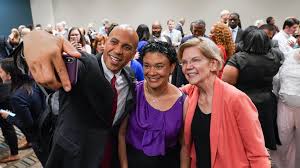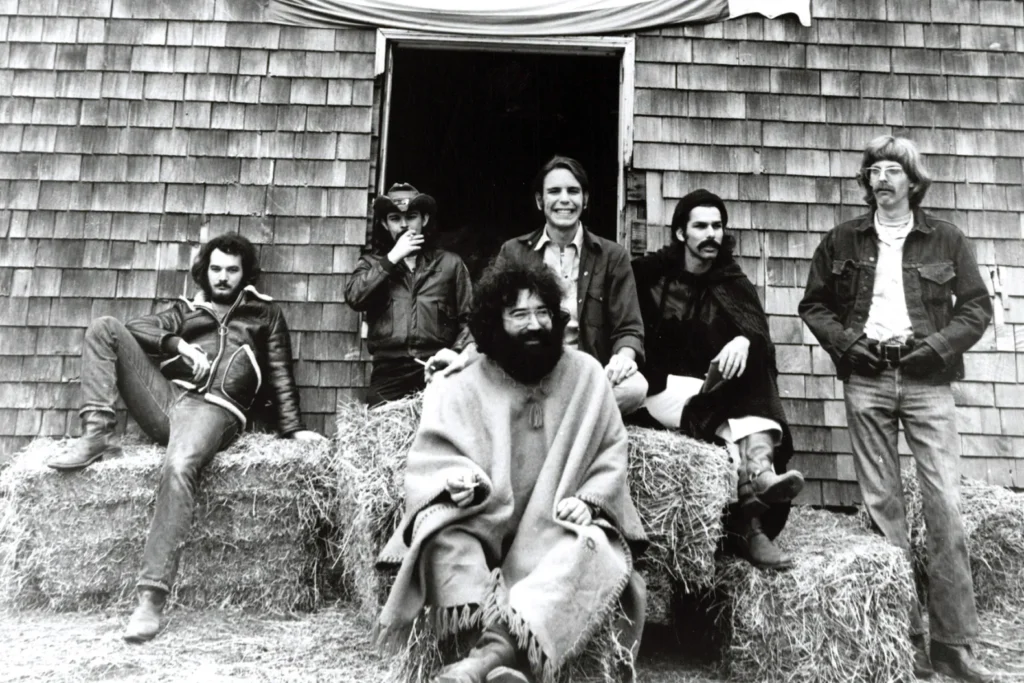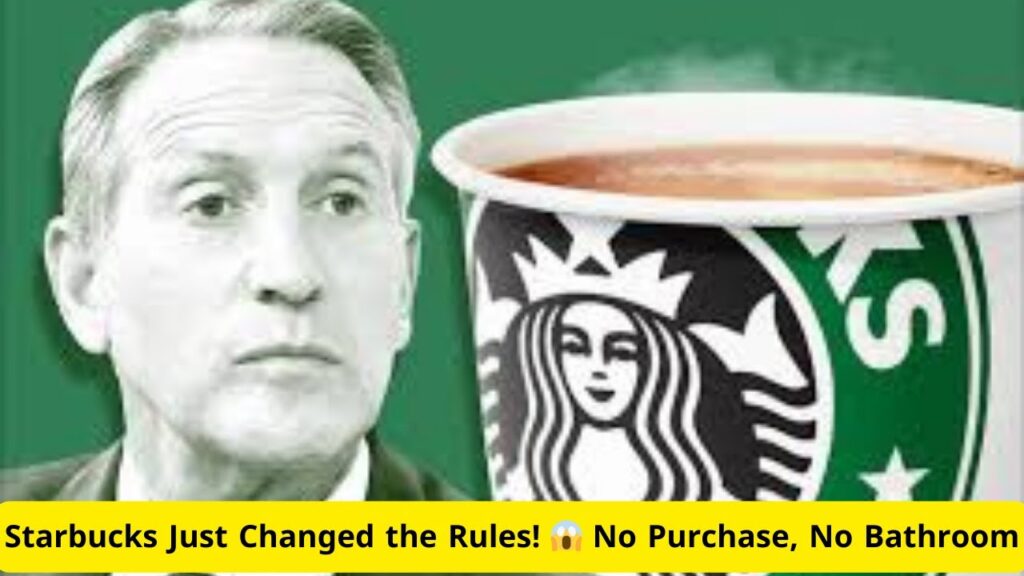 Let’s say your brand was a political candidate. There are voters out there, better known as customers or consumers in business parlance, who will be voting with their dollars. Obviously, the better you understand those voters’ dreams, fears, needs and wants, the better you’ll communicate with them.
Let’s say your brand was a political candidate. There are voters out there, better known as customers or consumers in business parlance, who will be voting with their dollars. Obviously, the better you understand those voters’ dreams, fears, needs and wants, the better you’ll communicate with them.
Moreover, successful politicians understand that voters aren’t rational and their policies often take a back seat to their personalities and personal stories. We see this time and time again, especially in red states where the majority of people vote against their personal interests. Even as we speak, farmers in the heartland are still supporting Trump, for no other reason than they think he will magically “take care of” their problems. Those would be the problems that Trump created all by himself by starting a trade war with China, driving up prices and reducing demand for their crops. American farmers are suffering, but their emotional relationship to Trump supersedes the fact that he is directly impacting their ability to make a decent living.
We see consumers do this all the time across a great range of categories. People buy foods that aren’t good for them, overspend on brands when others would fulfill their needs more than adequately or simply buy things they don’t need – and sometimes don’t even want.
What both have in common is that personality sells. Trump was full of vitriol and virtually bereft of any constructive policies. But he captured the anger of the forgotten man and promised a return to a mythical era ruled by white men. Make America Great Again was a much simpler idea than “Go to hillaryclinton.com and read my policy paper.”
Similarly, people (myself included), pay more for Apple products not because they really work any better than Android, but for the feeling that they’re more creative and evolved.
Elizabeth Warren gets this. She has more fleshed out policies than any other candidate, but her rise in the polls isn’t about that at all. She has framed a compelling narrative about her life that people can relate to. Equally important is that she gets out and talks to people face-to-face.
This is a tradition in Iowa, where the first caucus of the election season is always held. Some candidates take pride in visiting all 99 of Iowa’s counties. There are meetings at civic events, in backyards, places of worship, living rooms, coffee shops – almost any place small groups of people can gather to meet the candidate and actually have a meaningful conversation.
All serious politicians have pollsters and are constantly doing research. The “Big Data” from primary research and polling from news organizations feeds them plenty of facts, but I would argue that candidates formulate their stories and communications through these high touch encounters with individual voters early in the campaign. Talking to people directly, listening to their stories, provides the context for them to hone their messaging.
It should be obvious that when you talk to someone individually or in a small group, it provides a unique opportunity for them to become emotionally invested in your candidacy. Or, in the business world, your brand.
Voters or consumers open up in a way that just isn’t possible in a quantitative survey. Asking for someone’s opinion on a one-to-one or even a twenty-to-one setting allows people to fully express themselves, getting beyond the superficial issues to a much deeper emotional level. And it’s these emotional connections that help them get chosen.
Warren is known for coming to early to events and staying late. She’ll make the time to meet people individually and encourages them to take selfies with her. By last count, she’s now posed for over 42,000 selfies.
Anything can happen, but it is now a lot more likely than just a few weeks ago that Warren will be the nominee, despite the fact that some of her positions, such as abolishing all private insurance, are considered “radical” or “too liberal.” People will vote for her because she has a single-minded vision and she’s passionate about it. More important, people will understand that she feels their pain regardless of her so-called “radical” positions. She wears her empathy on her sleeve and leverages her own personal story to demonstrate that she is sincere.
In addition to the hundreds of focus groups being run by her campaign, her personal qualitative research – getting out and talking to all the voters she possibly can in Iowa and New Hampshire – has the two-way effect of helping people understand her and for her to better understand the needs of her constituents. This is the very definition of communication.
It’s a great lesson for marketers who have become over-reliant on Big Data. Just as candidates need to create strong, personal bonds with voters, brands must establish and nurture “personal” relationships with consumers. But doing so requires that marketers get out and talk to consumers. Data is essential, but so is empathy.
And empathy cannot be established by impersonal, quantitative testing. It only comes from talking to people. It is just a matter of time before the pendulum starts to swing back in the other direction and marketers understand that qualitative research is an indispensable tool in forming strong, lasting relationships with their customers.



